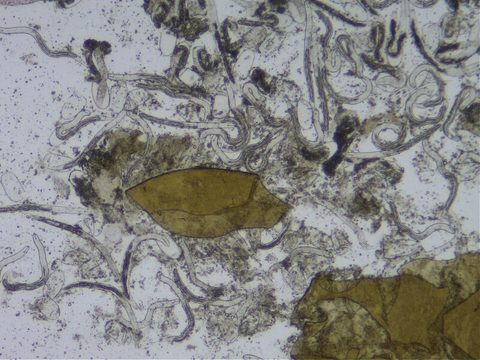SmartFarm Experience brings Syngenta to life for our top agents and growers

SmartFarm Experience brings Syngenta to life for our top agents and growers
SmartFarm as a concept makes a lot of sense, but what does it look and feel like in practice? During the first week of March, Syngenta answered this question by creating an experience for 59 of our top growers and agents involved in Cereals production with an invitation to the formulation plant in Brits, in the Northwest Province of South Africa.
Syngenta’s formulation plant in Brits is also home to the SeedCare Institute – the 13th of its kind worldwide – and a state-of-the-art laboratory where Syngenta determines the impact that environmental factors have on product performance.
During the visit, the growers were divided into three groups that visited the formulation plant, the SeedCare Institute and the quality laboratory on a rotational basis.
The tour of the formulation plant exposed growers to the best practices Syngenta employs in mixing, packing and dispatching its products for use in its markets in South Africa and further afield. The almost fully automatic packing line and demonstration of the latest forklift technology were highlights of the walkabout.
At the SeedCare Institute, the latest seed treatment technology and application practices were explained and demonstrated. Growers were made aware of the importance of properly coating seeds with the treatment product, and were impressed to learn the extent to which recipes are tested under a variety of circumstances before large-scale application is done. They were also given valuable advice when it comes to treating seeds on the farm as well as visual demonstrations on the impact of SeedCare under fungal pathogen stress.
The laboratory session showcased the influence of especially water quality on product efficacy, and demonstrated how Syngenta tests for this and other environmental factors. Each grower received a handy water testing kit that, in conjunction with a mobile app, provides quick and accurate water analyses on farm. Syngenta formulation quality was also showcased with practical demonstrations of Bravo WeatherStik technology vs generic, Axial efficacy and the impact poor quality water has on formulation efficacy.
The Experience of the SmartFarm concept continued in the evening when Dr PJ Pieterse from the University of Stellenbosch led a discussion on herbicide resistance. His presentation covered causes and, importantly, practices that can mitigate and prevent the development of resistance.
The main message was that herbicide resistance management is a marathon, not a sprint. It can only be effectively and sustainably controlled through a long-term management programme that is adjusted season after season.
South Africa is in the fortunate position that herbicide resistance is not yet a widespread phenomenon, giving local growers options that are no longer available in particularly the USA. This position has to be leveraged with best practice herbicide management.
